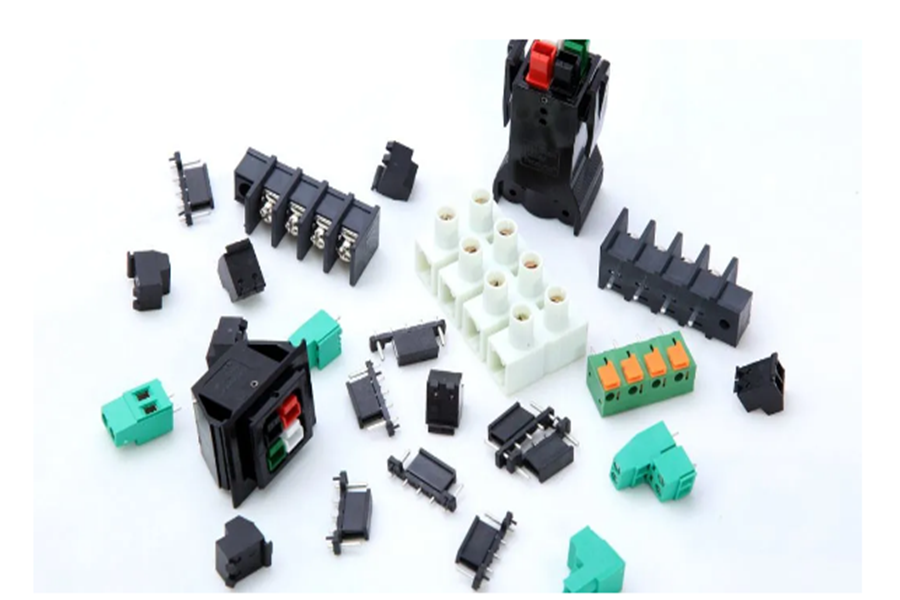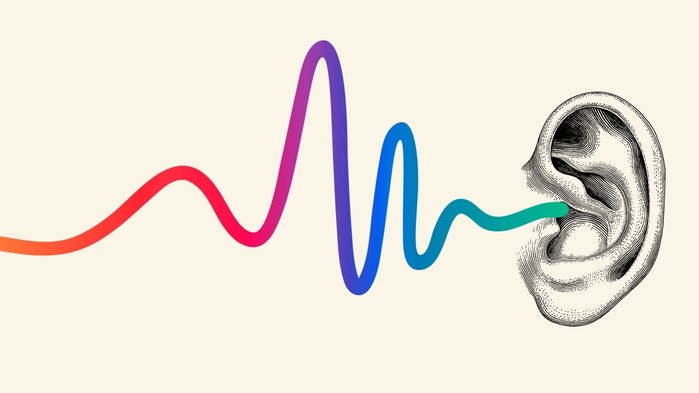
The patient suddenly feels uncomfortable without hearing any obvious cause, and the problem is usually limited to one ear.In theory, hearing loss affects anyone, so this is not an age-related hearing problem.There are correct, especially early treatments , however, in many cases effective remedies without the need to create a permanent hearing impairment.
What is hearing loss?
The cause of hearing impairment has not been known so far.Scientists suspect that hearing loss is triggered by an inner ear event.It is unclear whether this is, for example, a circulatory disease in the cochlear region or a sensitive hair cell in the inner ear that is damaged or inflamed.Acute hearing loss is usually a unilateral sudden hearing loss .He can start playback from one minute to the next minute, in many cases, people complain that they have related insensitive or “cotton in his ears.”Sudden onset of acute hearing loss is accompanied by tinnitus , but in addition, acute hearing loss is usually not harmed.It is also rare to see dizziness .Sometimes the symptoms may be temporary, but the duration may vary.Even though its intensity is different , in some cases it may be too low to be noticed, and in other cases it is so obvious that it manifests itself as a complete unilateral deafness.
Correct symptoms of sudden hearing loss
More importantly, don’t ignore the typical symptoms of acute hearing loss and get active immediately.
- Has the environment suddenly become quiet in one ear?
- Does the sound and music sound different?
- Is the direction of the sound no longer clearly defined?
- Do you even get dizzy or tinnitus?
Then consult an otolaryngologist immediately!
Hearing loss due to stress?
Congestion, stress, deadline pressure and similar effects have long been considered to be the most important factors contributing to hearing loss.Because in many cases, especially when the pressure is greatest, hearing is affected.However, so far, this connection has not been proven.It is conceivable that this stress will contribute to the disease and inflammation of the ear circulatory system, but it cannot be described as a clear risk factor due to lack of specific information.
What should I do when I have hearing loss?
Not every sudden hearing loss must be an emergency, but patients should consult a specialist as soon as possible.Behind hearing loss, there may be many different causes, which must be resolved as soon as possible.In addition, the faster you start correct treatment, the greater the chance of regeneration, so that your ears improve their hearing again .In fact, the symptoms disappeared in about half of all affected people within 24 hours.At the same time, however, the diagnosis of hearing loss is unsatisfactory for many patients since the actual cause of hearing loss is often not available.Therefore, the investigation is also mainly about setting the exclusion principle , so all possible ear diseases will be initially excluded.It is also important to find out if the ear is damaged and the extent of the damage.For so-called audiograms , use a hearing test.
How is hearing loss treated?
Since the exact cause is unknown hearing loss, so he targeted therapy accordingly difficult.The current treatments are many and different, but they not only bring benefits, but sometimes they have drawbacks.Some of them have also caused much controversy among doctors.Ideally, doctors and patients will come together to determine a common approach and coordinate separately.In any case, it is important to bring all the benefits and side effects of the language to you.An important point to remember is that some therapies are not paid for by the statutory health insurance fund – precisely because they are not fully proven.
Cortisone can cause acute hearing loss?
In hearing loss, so-called glucocorticoid therapy is usually used , ie treatment with cortisone or the corresponding active ingredient.The affected person takes the medicine in tablet form or infusion form within a few days.At the same time, the effectiveness of cortisone in this situation is increasingly being questioned.For example, a survey conducted by MDS (Medical Insurance Medical Services) showed that the prospect of cortisone was not optimistic in the event of acute hearing loss.The effectiveness of a direct comparison between cortisone and placebo was studied – but the scientists did not find any significant differences.
Other common hearing loss therapies are as follows:
- Drum room treatment
Cortisone is injected directly into the middle ear through a syringe, so the active ingredient reaches the inner ear at a higher concentration.In recent years, this therapy has proven to be more and more successful.Permanent holes in the tympanic membrane or middle ear infection are rarely found here.Symptoms were significantly improved in approximately 50 % of patients treated in the tympanic cavity.
- Rheological therapy
Especially since 2014 , infusions are made as early as possible to improve blood flow, especially drugs such as hydroxyethyl starch ( HES ), but HES is no longer approved for this purpose.
- Ion therapy
Ion therapy is only used in special cases.Certain anesthetics are administered intravenously, but must be administered very accurately.They should have a beneficial effect on auditory sensory cells and tinnitus.
- Blood purification
In so-called sore throat, the patient’s blood is continuously emptied through the catheter and cleaned using a machine and separated from excess blood components.The purified blood then flows back into the patient.This therapy is very suitable for the person concerned and should only be done at the clinic or at the dialysis center.
- Hyperbaric oxygen therapy
In this therapy, the person concerned is in the pressure chamber several times and breathes pure oxygen.The hearing organ should have a positive effect on this.Often, this therapy is very expensive and can only be performed at the center of a particular pressure chamber and is used only when no other therapy is occurring.Although there are also oxygen chambers in the pressure chamber, these therapies are considered ineffective.
Hearing loss after hearing loss – what now?
In many cases, the symptoms of hearing loss can be completely treated and can often disappear completely.Unfortunately, in some cases, hearing cannot be fully recovered after a sudden loss of hearing .In this case, the patient should not be afraid to use the hearing aid to compensate for the damage caused.Anyone who has had mild or moderate hearing loss since then has the greatest chance of comfort and extremely effective help.At the same time, modern hearing aids are small and cautious, so that they can compensate for hearing damage without causing attention.It is important and useful to use a hearing aid, but for continuing to train your hearing , the brain will not forget to interpret the sound correctly.
Link:Hearing Impairment-Causes and Treatment
REF: Hearing Aids Supplier , Hearing Loss, Digital Hearing AidsThe article comes from the Internet. If there is any infringement, please contact service@jhhearingaids.com to delete it.






